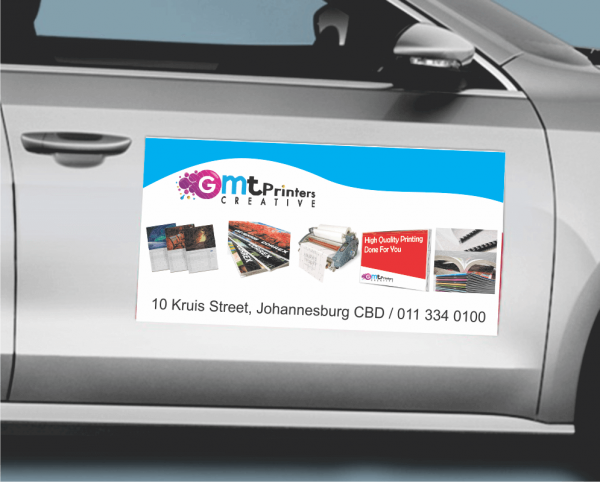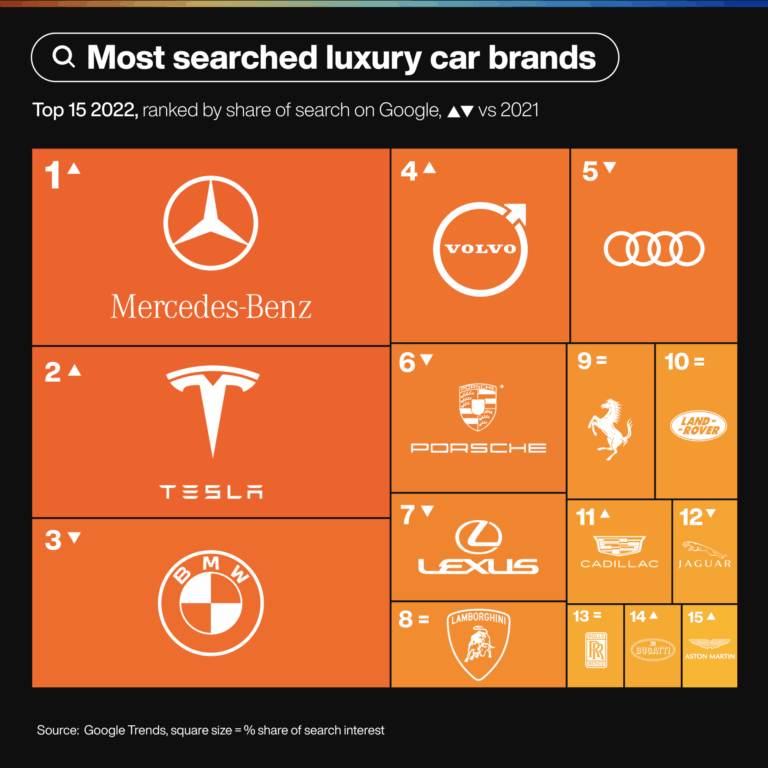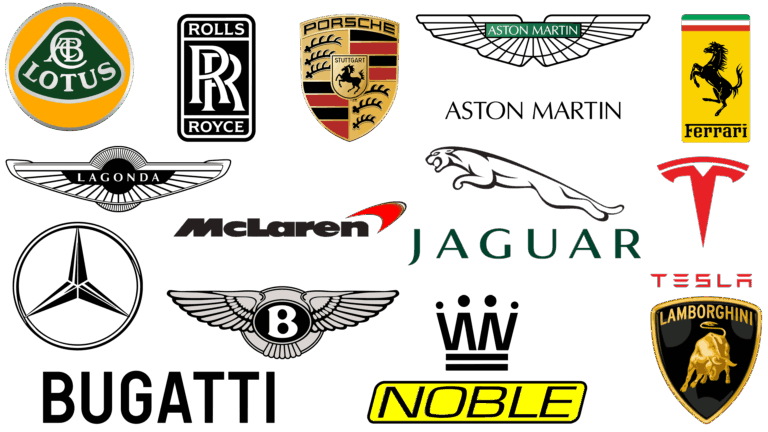Hyundai Brand New Cars: A Comprehensive Guide to Innovation, Value, and Future Mobility
Hyundai Brand New Cars: A Comprehensive Guide to Innovation, Value, and Future Mobility cars.truckstrend.com
In the dynamic landscape of the automotive industry, Hyundai has emerged not just as a participant, but as a formidable leader, consistently pushing the boundaries of design, technology, and value. The term "Hyundai Brand New Cars" encapsulates more than just a fresh vehicle off the assembly line; it represents a commitment to innovation, a diverse portfolio catering to every conceivable need, and a steadfast dedication to customer satisfaction. From fuel-efficient sedans to rugged SUVs, high-performance N models, and groundbreaking electric vehicles, Hyundai’s latest offerings are a testament to its rapid evolution and ambitious vision for future mobility. This comprehensive guide will delve into what makes Hyundai’s brand new cars a compelling choice for today’s discerning buyer, exploring their unique attributes, benefits, and the considerations involved in making an informed purchase.
The Evolution of Excellence: Hyundai’s Design Philosophy and Technological Prowess
Hyundai Brand New Cars: A Comprehensive Guide to Innovation, Value, and Future Mobility
Hyundai’s journey from a budget-friendly option to a globally respected automotive powerhouse is rooted in its unwavering commitment to progressive design and cutting-edge technology. Today’s Hyundai brand new cars are characterized by distinctive aesthetics and advanced features that were once reserved for premium segments.
Sensuous Sportiness and Parametric Dynamics: Hyundai’s design language, "Sensuous Sportiness," emphasizes harmony between four fundamental elements: proportion, architecture, styling, and technology. This philosophy results in vehicles that are visually striking, emotionally resonant, and aerodynamically efficient. The newer "Parametric Dynamics" takes this a step further, integrating geometric shapes and lines to create a futuristic and unique visual identity, as seen prominently in models like the Tucson and Elantra.
Advanced Driver-Assistance Systems (ADAS): At the heart of Hyundai’s technological advancements is Hyundai SmartSense, a comprehensive suite of safety and convenience features. This includes Forward Collision-Avoidance Assist (FCA), Lane Keeping Assist (LKA), Blind-Spot Collision-Avoidance Assist (BCA), Rear Cross-Traffic Collision-Avoidance Assist (RCCA), Smart Cruise Control with Stop & Go, and Highway Driving Assist (HDA). These systems work in concert to provide a safer, more relaxed driving experience, actively preventing accidents and reducing driver fatigue.
Connected Car Technology (Bluelink) and Infotainment: Hyundai brand new cars are increasingly integrated with advanced infotainment systems featuring large touchscreens, smartphone integration via Apple CarPlay and Android Auto, and intuitive user interfaces. Bluelink Connected Car Services elevate this connectivity, offering features like remote start, climate control, vehicle status checks, stolen vehicle recovery, and destination send-to-car functionality, all accessible via a smartphone app. This seamless integration ensures drivers stay connected and informed, enhancing both convenience and security.
Diverse Offerings: Categories of Hyundai Brand New Cars
Hyundai’s current lineup is remarkably diverse, ensuring there’s a perfect match for nearly every lifestyle and need.
- Sedans: The enduring appeal of the sedan is met with models like the Elantra (compact, stylish, and tech-laden), and the Sonata (mid-size, sophisticated, and available with hybrid powertrains). These sedans offer comfortable rides, excellent fuel economy, and ample cargo space for daily commutes and road trips.
- SUVs and Crossovers: This segment is where Hyundai truly shines, with an extensive range from sub-compact to full-size.
- Venue & Kona: Compact and agile, perfect for urban environments and those seeking nimble handling with an elevated driving position. The Kona also offers a highly popular electric variant.
- Tucson & Santa Fe: Hyundai’s core compact and mid-size SUVs, respectively, offering striking designs, spacious interiors, advanced features, and available hybrid/PHEV options, catering to small to growing families.
- Palisade: The flagship three-row SUV, providing premium comfort, a luxurious interior, and powerful performance for larger families or those needing significant passenger and cargo capacity.
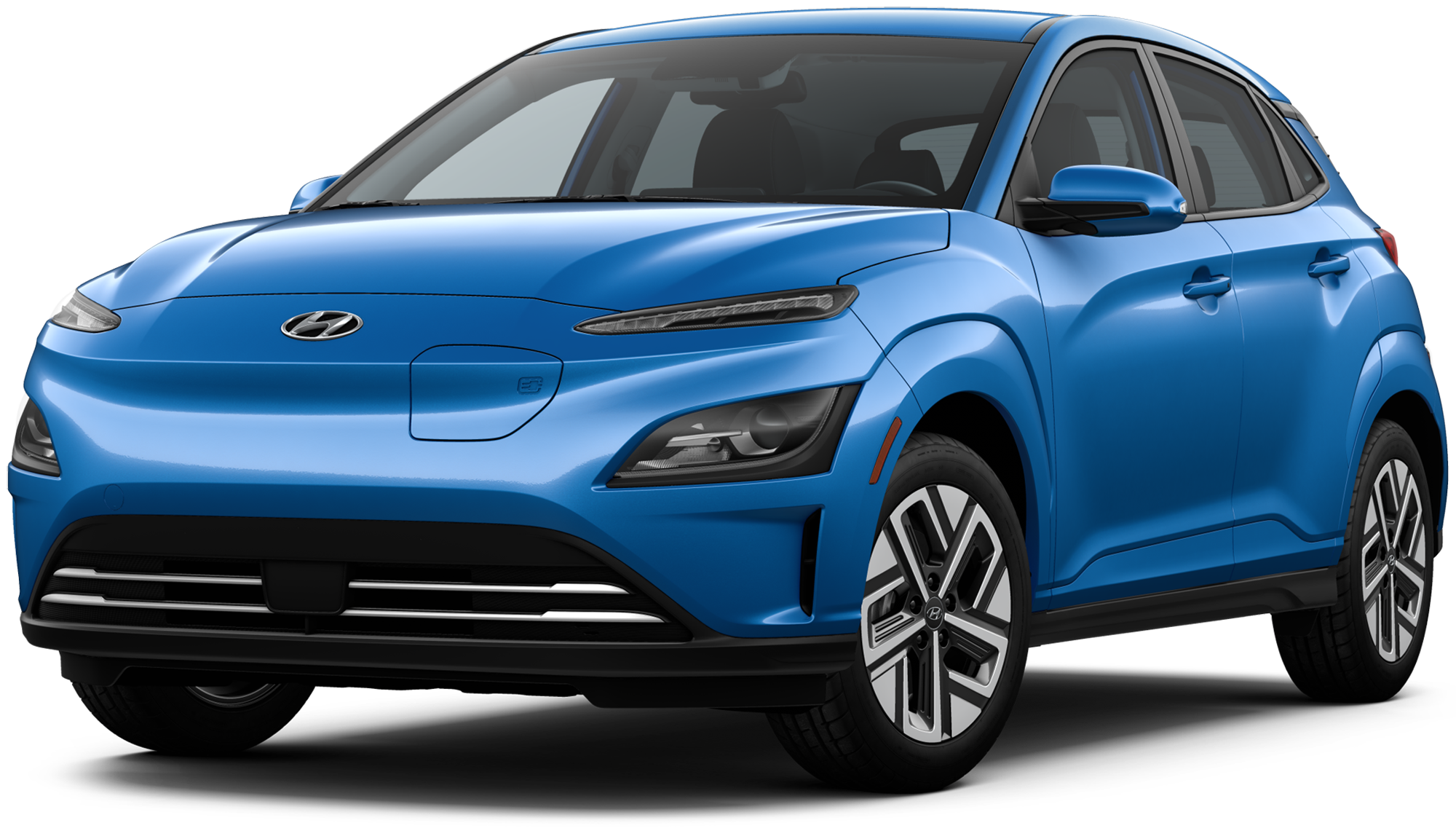
- N Performance Models: For enthusiasts seeking exhilarating performance, Hyundai’s N division offers track-ready vehicles like the Elantra N and Kona N. These models feature high-output engines, sport-tuned suspensions, and aggressive styling, delivering a thrilling driving experience without compromising daily usability.
- Electric Vehicles (EVs): Hyundai is at the forefront of the EV revolution with its dedicated IONIQ sub-brand.
- IONIQ 5: A groundbreaking electric crossover with a retro-futuristic design, ultra-fast charging capabilities, Vehicle-to-Load (V2L) functionality, and a spacious, lounge-like interior.
- IONIQ 6: An aerodynamically sculpted electric sedan offering impressive range, rapid charging, and a sleek, "Electrified Streamliner" design.
- Kona Electric: A more accessible entry into the EV market, offering a practical range and compact dimensions perfect for city driving.
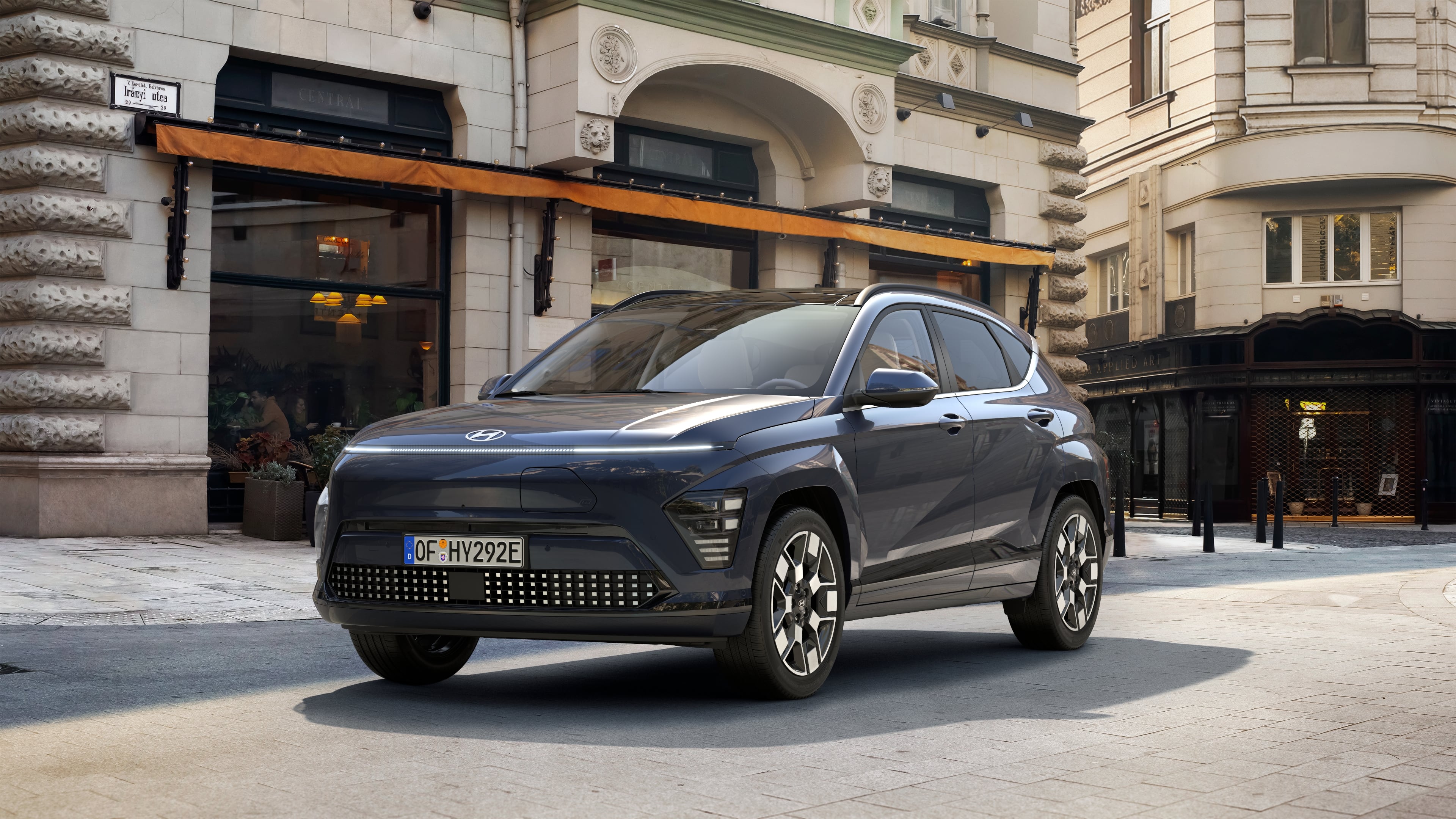
- Hybrid and Plug-in Hybrid (PHEV) Models: Recognizing the transition to full electrification, Hyundai offers hybrid variants across its popular models like the Sonata, Tucson, and Santa Fe, providing improved fuel efficiency and reduced emissions without range anxiety. PHEV versions further enhance this by allowing short-distance all-electric driving.
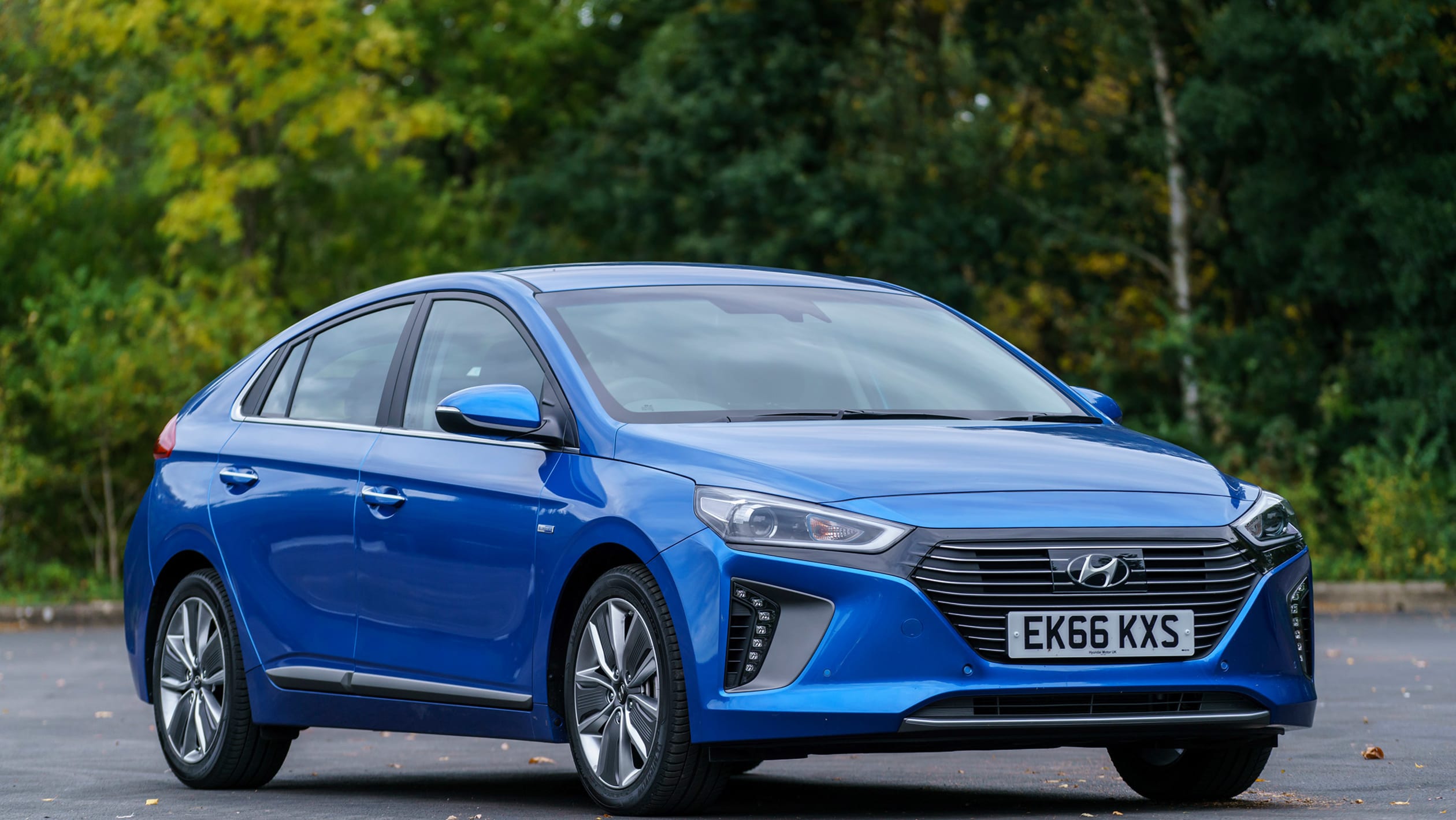
Key Benefits of Choosing a New Hyundai
Opting for a Hyundai brand new car comes with a host of advantages that contribute to its growing popularity:
- America’s Best Warranty: Hyundai offers one of the industry’s most generous warranties, typically a 10-year/100,000-mile powertrain limited warranty and a 5-year/60,000-mile new vehicle limited warranty. This extensive coverage provides significant peace of mind.
- Exceptional Value for Money: Hyundai consistently provides a high level of standard features, technology, and safety equipment for its price point, often outperforming competitors in terms of overall value.
- Advanced Technology & Safety: As detailed earlier, the integration of Hyundai SmartSense, Bluelink, and intuitive infotainment systems ensures a modern, safe, and connected driving experience.
- Fuel Efficiency: Across its lineup, Hyundai prioritizes fuel economy, with its conventional powertrains being competitive, and its hybrid/PHEV/EV offerings leading the charge in energy efficiency.
- Strong Resale Value: With improved build quality, reliability, and brand perception, Hyundai vehicles have seen a steady increase in their resale value, making them a wise long-term investment.
- Reliability and Quality: Years of continuous improvement in manufacturing processes and quality control have significantly enhanced Hyundai’s reputation for reliability, consistently ranking high in consumer satisfaction and dependability studies.
How to Choose Your Ideal New Hyundai
Selecting the perfect Hyundai brand new car requires careful consideration of your needs and preferences:
- Assess Your Lifestyle and Needs:
- Budget: Determine your comfortable monthly payment and overall budget, including insurance and potential charging costs (for EVs).
- Passenger Capacity: How many people will you regularly transport? A sedan for singles/couples, a compact SUV for small families, or a three-row Palisade for larger groups.
- Cargo Space: Do you need room for sports equipment, groceries, or luggage for road trips? SUVs generally offer more versatility here.
- Driving Habits: Mostly city driving? Long commutes? Off-road adventures? This impacts fuel type, size, and available features (e.g., AWD).
- Fuel Type Preference: Are you committed to traditional gasoline, interested in the efficiency of a hybrid, or ready to embrace the future with an EV?
- Research Models and Trims: Dive into specific Hyundai models that align with your initial assessment. Compare features, specifications, safety ratings, and read professional reviews. Hyundai’s website offers detailed configurators to explore different trim levels and optional packages.
- Test Drive: This is non-negotiable. Drive your top choices on various road conditions (city, highway, bumps) to assess comfort, handling, acceleration, braking, and visibility. Pay attention to infotainment usability and driver-assist system alerts.
- Consider Future Needs: While you might not have children now, will you in the next 3-5 years? Will your commute change? Thinking ahead can prevent buyer’s remorse.
Important Considerations Before Buying
Purchasing a new car is a significant investment. Here are key considerations for Hyundai brand new cars:
- Financing Options:
- Leasing vs. Buying: Leasing offers lower monthly payments and the ability to drive a new car more frequently, but you don’t own the asset. Buying builds equity but typically involves higher monthly payments.
- Loan Pre-Approval: Get pre-approved for a loan from your bank or credit union before visiting a dealership. This gives you leverage and a benchmark for dealership financing offers.
- Insurance Costs: Get quotes for your desired model and trim before committing. Insurance rates vary significantly based on vehicle type, your driving record, and location.
- Maintenance Schedule and Costs: Hyundai vehicles generally have competitive maintenance costs. Familiarize yourself with the recommended service intervals and estimated costs. EVs typically have lower routine maintenance needs due to fewer moving parts.
- Charging Infrastructure (for EVs): If considering an EV, assess your home charging options (Level 1, Level 2) and the availability of public charging stations along your common routes.
- Dealership Experience and Negotiation: Research reputable Hyundai dealerships in your area. Be prepared to negotiate the price, especially on optional add-ons or extended warranties. Don’t be afraid to walk away if the deal isn’t right.
Tips for a Smooth Purchase
- Know Your Trade-In Value: If you have a trade-in, research its market value using reputable sources like Kelley Blue Book or Edmunds before going to the dealership.
- Understand the Total Cost: Beyond the MSRP, account for destination charges, taxes, registration fees, and any dealer-added accessories.
- Read the Fine Print: Carefully review all paperwork, including the purchase agreement, financing terms, and warranty details, before signing.
- Be Patient: Don’t rush into a decision. A well-researched and patiently executed purchase leads to greater satisfaction.
Challenges and Solutions
While buying a new Hyundai is generally a positive experience, some challenges can arise:
- Market Availability/Wait Times: Post-pandemic, supply chain issues and high demand have led to longer wait times for popular models, especially EVs.
- Solution: Order early, consider pre-ordering, or be flexible with color/trim choices. Some dealerships might have vehicles in transit.
- Rapid Technological Evolution (EVs): The fast pace of EV technology can lead to concerns about obsolescence or battery degradation.
- Solution: Hyundai’s robust EV battery warranty (typically 10 years/100,000 miles or more) addresses degradation concerns. Focus on current range needs rather than trying to predict future advancements too far out.
- Initial Cost of EVs: While running costs are lower, the upfront price of EVs can be higher than comparable ICE vehicles.
- Solution: Research available government tax credits, rebates, and incentives in your region. Factor in long-term fuel savings and lower maintenance costs into your budget.
Hyundai Brand New Cars: Estimated Starting MSRP Table (US Market)
Please note: Prices are estimated starting MSRPs for the base model and can vary significantly based on trim level, optional features, region, and dealership markups. Always consult the official Hyundai website or a local dealer for the most accurate and up-to-date pricing.
| Model | Type | Estimated Starting MSRP (USD) | Key Feature Highlight | Target Audience |
|---|---|---|---|---|
| Hyundai Accent | Sedan (Sub-compact) | $17,500 | Fuel-efficient, Affordable, Compact | Budget-conscious, Urban commuters |
| Hyundai Elantra | Sedan (Compact) | $21,000 | Bold design, Tech-rich interior, N-Line available | Commuters, Tech-savvy individuals |
| Hyundai Sonata | Sedan (Mid-size) | $27,500 | Sophisticated design, Advanced safety, Hybrid option | Professionals, Small families, Comfort seekers |
| Hyundai Venue | SUV (Sub-compact) | $20,000 | Agile, Urban-friendly, Value-packed | Young drivers, City dwellers |
| Hyundai Kona | SUV (Compact) | $24,500 | Sporty design, Nimble handling, Electric option | Singles, Couples, Urban adventurers |
| Hyundai Tucson | SUV (Compact) | $29,000 | Futuristic design, Spacious, Hybrid/PHEV options | Small families, Versatility seekers |
| Hyundai Santa Fe | SUV (Mid-size) | $35,000 | Comfortable, Capable, Family-friendly, Hybrid/PHEV options | Growing families, Adventurous drivers |
| Hyundai Palisade | SUV (Large) | $39,000 | Premium feel, Three-row seating, Refined interior | Large families, Luxury seekers, Road trippers |
| Hyundai IONIQ 5 | EV (Crossover) | $41,800 | Retro-futuristic design, Ultra-fast charging, V2L | Early adopters, Eco-conscious, Design lovers |
| Hyundai IONIQ 6 | EV (Sedan) | $42,500 | Streamlined aero design, Long range, Performance | Tech enthusiasts, Eco-conscious, Style-focused |
| Hyundai Kona Electric | EV (Compact) | $33,500 | Accessible EV, Good range, Compact size | Urban EV drivers, Eco-friendly commuters |
Frequently Asked Questions (FAQ) about Hyundai Brand New Cars
Q1: What is Hyundai’s warranty policy?
A1: Hyundai offers one of the best warranties in the industry, typically including a 10-year/100,000-mile powertrain limited warranty and a 5-year/60,000-mile new vehicle limited warranty. EV batteries often have separate, extensive warranties as well.
Q2: Are Hyundai cars reliable?
A2: Yes, Hyundai has significantly improved its reliability and quality over the years. Modern Hyundai vehicles consistently rank well in consumer satisfaction and dependability surveys from organizations like J.D. Power and Consumer Reports.
Q3: What is Hyundai SmartSense?
A3: Hyundai SmartSense is Hyundai’s suite of advanced driver-assistance systems (ADAS). It includes features like Forward Collision-Avoidance Assist, Lane Keeping Assist, Blind-Spot Collision-Avoidance Assist, Smart Cruise Control, and more, designed to enhance safety and convenience.
Q4: Do Hyundai cars hold their value well?
A4: Hyundai’s resale values have been steadily increasing due to improved brand perception, quality, and demand. While not always leading the market, they offer competitive depreciation rates, especially for popular SUV and EV models.
Q5: What is Bluelink?
A5: Bluelink is Hyundai’s connected car service that allows owners to remotely control certain vehicle functions (like start/stop, climate), check vehicle status, access roadside assistance, and receive maintenance alerts via a smartphone app.
Q6: Where are Hyundai cars manufactured?
A6: Hyundai has manufacturing plants worldwide. Many vehicles sold in North America are produced at its plant in Montgomery, Alabama, while others are imported from South Korea or other global facilities.
Q7: What is the difference between a hybrid and a plug-in hybrid (PHEV) in Hyundai’s lineup?
A7: A hybrid vehicle primarily uses its gasoline engine, with an electric motor assisting to improve fuel efficiency. A plug-in hybrid (PHEV) has a larger battery that can be charged by plugging into an external power source, allowing it to drive a significant distance on electricity alone before the gasoline engine kicks in.
Q8: Are Hyundai EVs eligible for tax credits?
A8: Eligibility for federal, state, or local tax credits and incentives for electric vehicles varies significantly based on the country, region, specific vehicle model, battery component sourcing, and the buyer’s tax situation. It’s crucial to consult official government resources or a tax professional for the most current information.
Conclusion
Hyundai Brand New Cars represent a compelling proposition in today’s automotive market. From their striking "Sensuous Sportiness" design language to their comprehensive suite of SmartSense safety technologies and their pioneering strides in electric mobility, Hyundai has proven its commitment to delivering vehicles that are not only aesthetically pleasing but also technologically advanced, reliable, and value-packed. Whether you’re in search of a fuel-efficient commuter, a spacious family SUV, a thrilling performance machine, or a cutting-edge electric vehicle, Hyundai’s diverse and innovative lineup offers a compelling option. By carefully considering your needs, leveraging available resources for research, and approaching the purchase process with diligence, you can confidently drive home a Hyundai brand new car that perfectly aligns with your lifestyle and budget, ready to embark on many miles of enjoyable and safe journeys.



